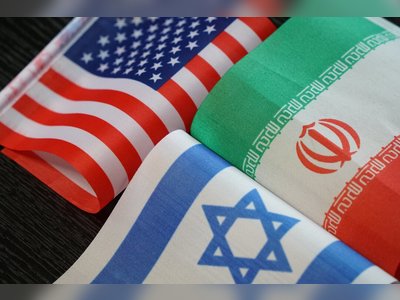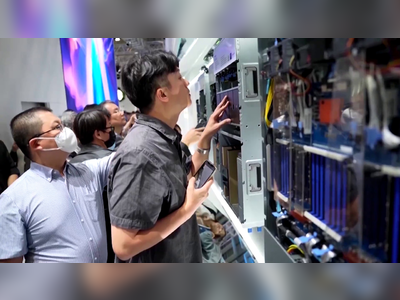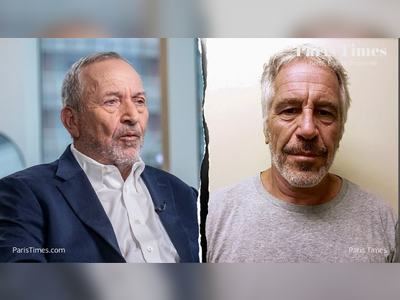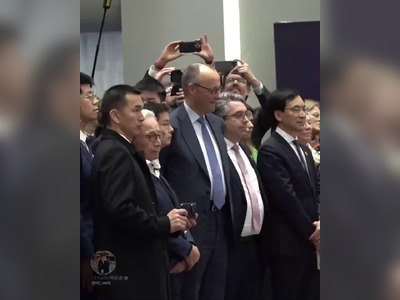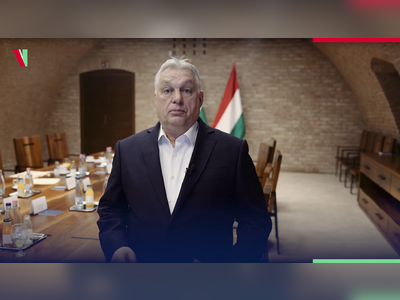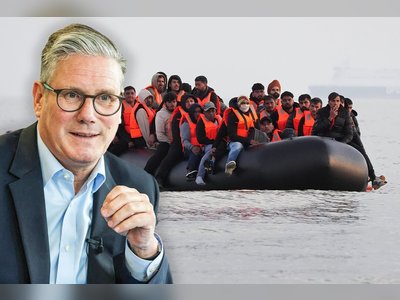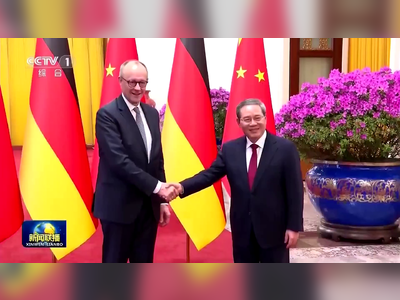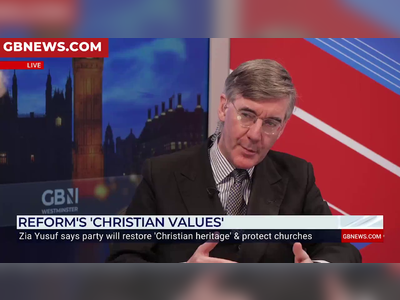
Giuseppe Antoci: The Euro-MP Championing the Fight Against Mafia and Organized Crime in Brussels
Antoci seeks to elevate anti-mafia efforts to a European level amidst rising organized crime and political challenges.
Giuseppe Antoci, an Italian politician and anti-mafia activist, is navigating the challenges of European politics from his new position as a Member of the European Parliament (MEP).
Having previously survived a mafia assassination attempt, Antoci aims to enhance anti-organized crime measures at the EU level.
On a quiet December night in Italy, he sits in a car, flanked by security personnel, reflecting on the ever-present dangers posed by organized crime.
Antoci's rise to prominence began after he launched a national campaign against corruption, which uncovered extensive mafia fraud tied to EU agricultural subsidies.
This campaign led to him advocating for stricter background checks on subsidy applicants.
Elected in June on an anti-establishment platform, Antoci has arrived in Brussels amid a backdrop of increasing violence from organized crime groups in Europe, notably in drug trafficking markets valued at approximately €11 billion.
He is concerned that Europe's response to organized crime is critical to maintaining public safety and economic integrity, especially against the backdrop of ongoing post-COVID recovery efforts.
Antoci’s political journey did not initially lead him to Brussels.
Having grown up in Sicily during a period marked by severe mafia violence, he spent years in the banking sector before becoming president of the Nebrodi Park, where he first encountered mafia influence.
His discoveries of the mafia’s control over much of the park's land use led him to advocate for stronger regulatory measures, culminating in his commitment to legislative change at the EU level as an MEP.
In his efforts, Antoci is focusing on transforming his previously established anti-mafia protocol into a standardized EU requirement, boosting the capacity of law enforcement agencies like Europol to combat transnational crime effectively.
He is also involved in discussions regarding amendments to EU anti-corruption directives.
While he has garnered attention and support from various political figures during his initial days in office, Antoci faces significant hurdles.
The European Parliament holds limited power over justice and security policies, which are primarily the purview of individual member states.
His relatively novice political status and membership in a smaller party may hinder his ability to effect substantial change within the established EU framework.
Antoci's mission coincides with a moment of rising concern over organized crime's increasing sophistication and violence, compounding a complex landscape of public safety and political accountability across the EU. As he tackles these critical issues, the efficacy of his initiatives will ultimately depend on broader support and collaboration across the European political landscape.
Having previously survived a mafia assassination attempt, Antoci aims to enhance anti-organized crime measures at the EU level.
On a quiet December night in Italy, he sits in a car, flanked by security personnel, reflecting on the ever-present dangers posed by organized crime.
Antoci's rise to prominence began after he launched a national campaign against corruption, which uncovered extensive mafia fraud tied to EU agricultural subsidies.
This campaign led to him advocating for stricter background checks on subsidy applicants.
Elected in June on an anti-establishment platform, Antoci has arrived in Brussels amid a backdrop of increasing violence from organized crime groups in Europe, notably in drug trafficking markets valued at approximately €11 billion.
He is concerned that Europe's response to organized crime is critical to maintaining public safety and economic integrity, especially against the backdrop of ongoing post-COVID recovery efforts.
Antoci’s political journey did not initially lead him to Brussels.
Having grown up in Sicily during a period marked by severe mafia violence, he spent years in the banking sector before becoming president of the Nebrodi Park, where he first encountered mafia influence.
His discoveries of the mafia’s control over much of the park's land use led him to advocate for stronger regulatory measures, culminating in his commitment to legislative change at the EU level as an MEP.
In his efforts, Antoci is focusing on transforming his previously established anti-mafia protocol into a standardized EU requirement, boosting the capacity of law enforcement agencies like Europol to combat transnational crime effectively.
He is also involved in discussions regarding amendments to EU anti-corruption directives.
While he has garnered attention and support from various political figures during his initial days in office, Antoci faces significant hurdles.
The European Parliament holds limited power over justice and security policies, which are primarily the purview of individual member states.
His relatively novice political status and membership in a smaller party may hinder his ability to effect substantial change within the established EU framework.
Antoci's mission coincides with a moment of rising concern over organized crime's increasing sophistication and violence, compounding a complex landscape of public safety and political accountability across the EU. As he tackles these critical issues, the efficacy of his initiatives will ultimately depend on broader support and collaboration across the European political landscape.
